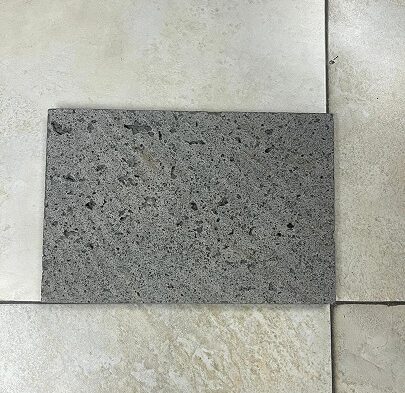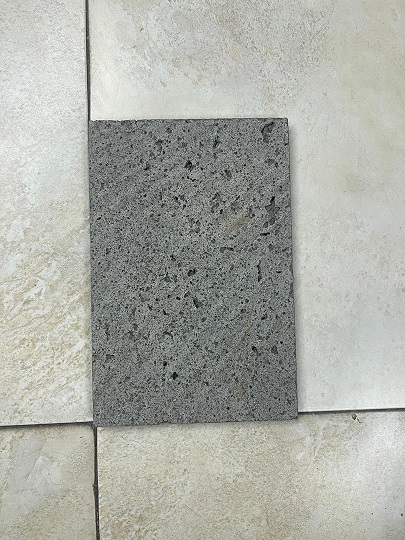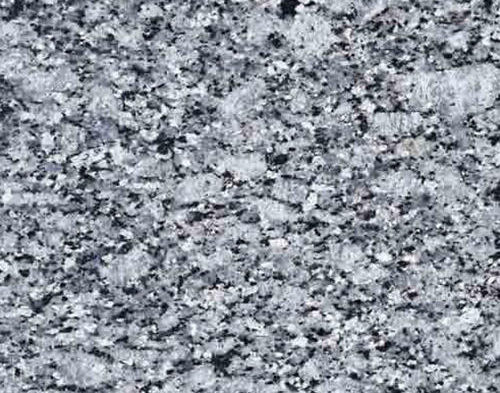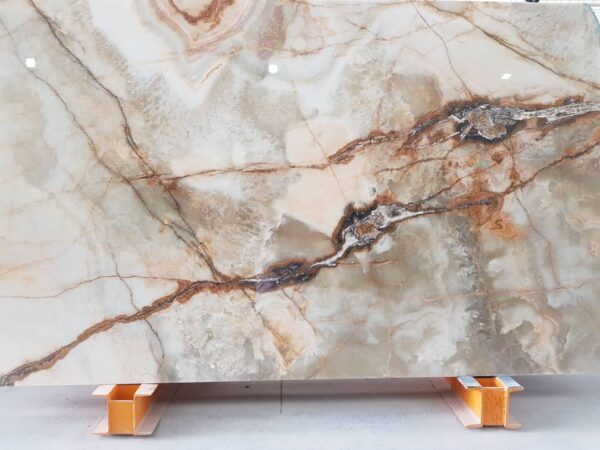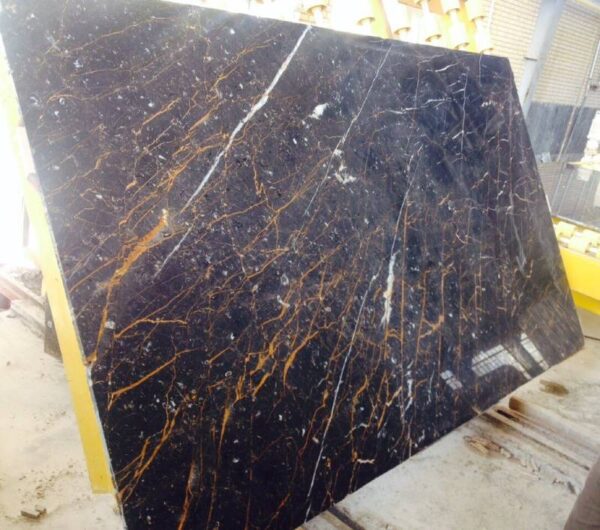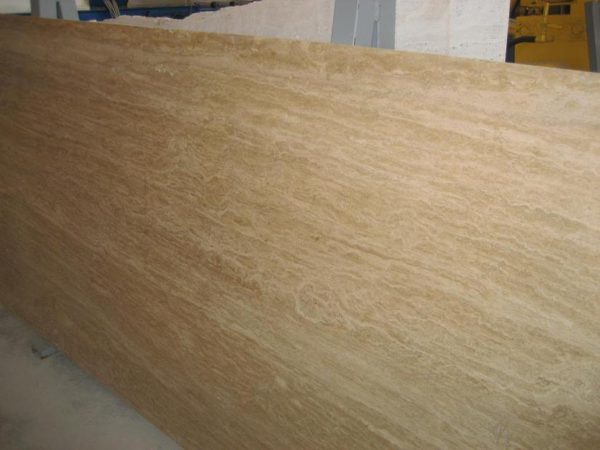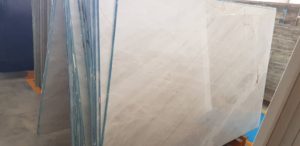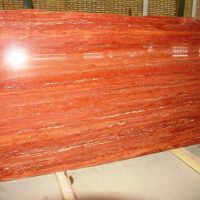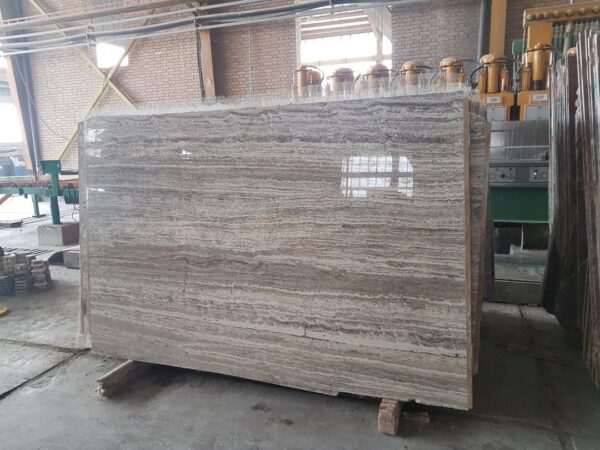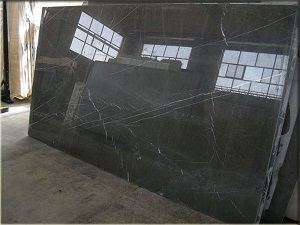A Stylish and Durable Choice
Basalt is a versatile and durable stone that has gained popularity in modern home design. With its rich color, natural texture, and long-lasting qualities, basalt is becoming a top choice for homeowners and designers looking for a sleek and robust material. In this article, we’ll explore why basalt is an excellent option for home designing and how it can be incorporated into various areas of your home.
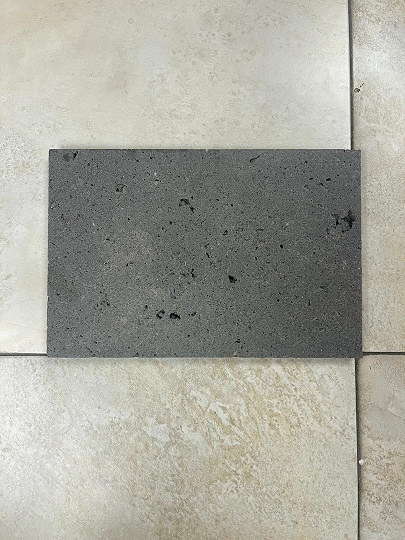


Why Choose Basalt for Home Designing?
Basalt is an igneous rock formed from volcanic activity, known for its strength and versatility. It is increasingly being used in contemporary home designs due to its unique appearance and impressive durability. Here are some key reasons why basalt is a great choice for home design:
- Durability: Basalt is highly resistant to wear, making it perfect for high-traffic areas and outdoor applications.
- Heat Resistance: Basalt can withstand high temperatures, making it an ideal material for kitchen countertops and fireplaces.
- Sustainability: As a natural stone, basalt is eco-friendly and contributes to sustainable building practices.
How to Incorporate Basalt into Your Home Design
Basalt’s versatility allows it to be used in a wide range of design applications. Whether you’re looking to create a modern aesthetic or a more rustic feel, basalt can be the perfect material for your project. Below are some of the most popular ways to incorporate basalt into your home design.
1. Basalt Flooring: Modern and Elegant
Basalt’s natural dark tones and textured surface make it a great option for flooring. It’s particularly popular in modern homes, adding a sleek, contemporary look to living rooms, kitchens, and even bathrooms. Its durability makes it suitable for both residential and commercial spaces, ensuring long-lasting beauty and functionality.
- Why Choose Basalt Flooring? Its natural colors, durability, and easy maintenance make basalt flooring an excellent choice for a stylish and practical home.
2. Basalt Countertops: Heat-Resistant and Stylish
Basalt is increasingly being used for kitchen countertops due to its resistance to heat, scratches, and stains. Whether you’re designing a modern kitchen or a rustic-inspired one, basalt countertops add an element of sophistication and functionality. The natural texture of basalt also enhances the aesthetic appeal of any kitchen design.
- Why Basalt Countertops? Basalt offers a combination of heat resistance, durability, and a unique look that makes it a perfect material for high-traffic kitchen spaces.
3. Basalt Wall Cladding: A Timeless Exterior Look
Basalt is also commonly used for wall cladding, both indoors and outdoors. The stone’s natural rough texture adds depth and visual interest to any wall, while its dark color can create a striking contrast against lighter elements. Basalt wall cladding is particularly popular in contemporary and industrial-style homes.
- Why Use Basalt for Wall Cladding? Basalt’s sturdy nature and elegant appearance make it ideal for adding texture and sophistication to walls, creating an impressive focal point in any room or building exterior.
4. Basalt Pavers: Durable Outdoor Solutions
Basalt is also excellent for outdoor paving, such as patios, driveways, and walkways. It is resistant to weathering and extreme temperatures, making it a long-lasting solution for outdoor areas. Basalt pavers offer a modern, sleek appearance that complements outdoor landscapes beautifully.
- Why Choose Basalt Pavers? Basalt’s strength and contemporary aesthetic make it an ideal material for creating durable and visually appealing outdoor spaces.

